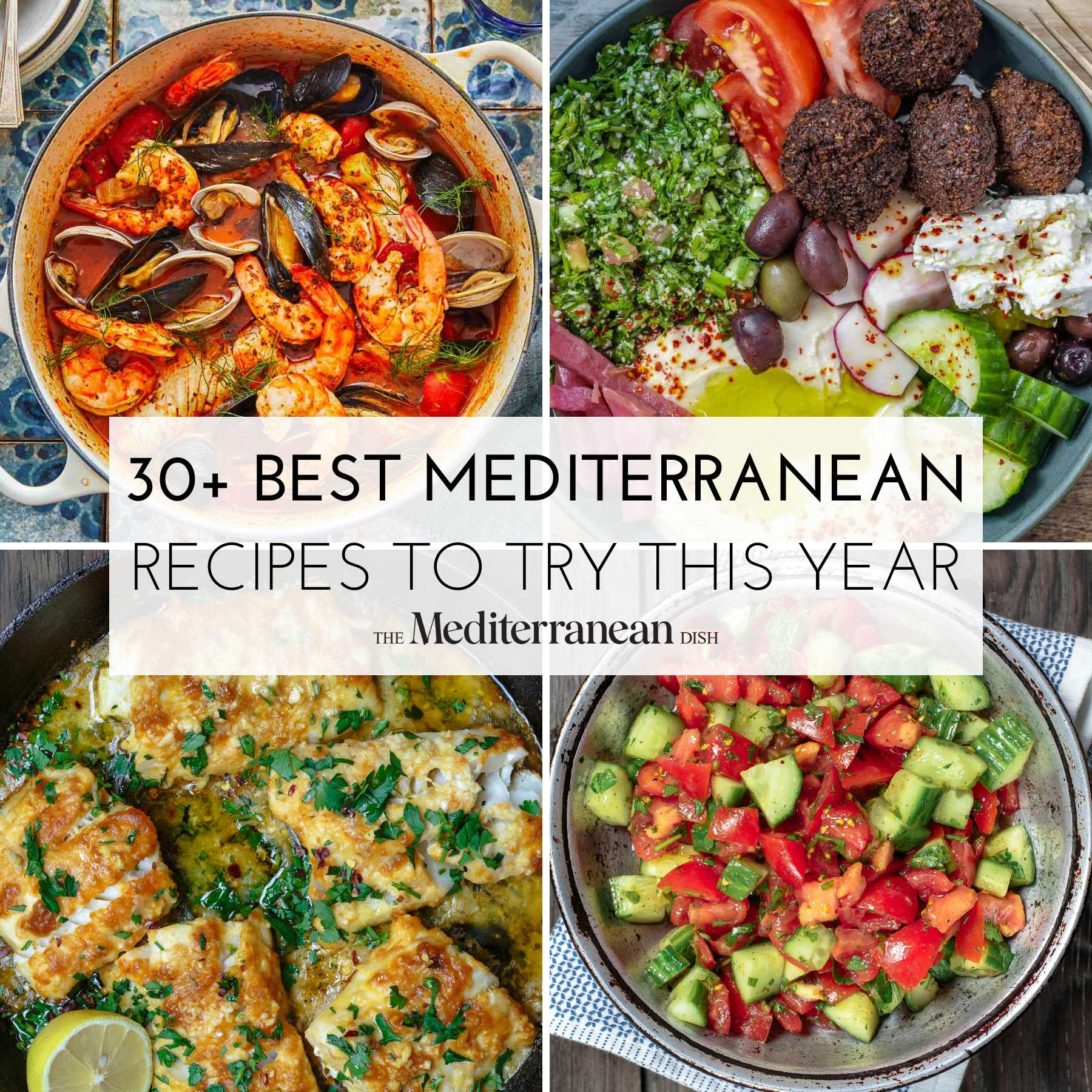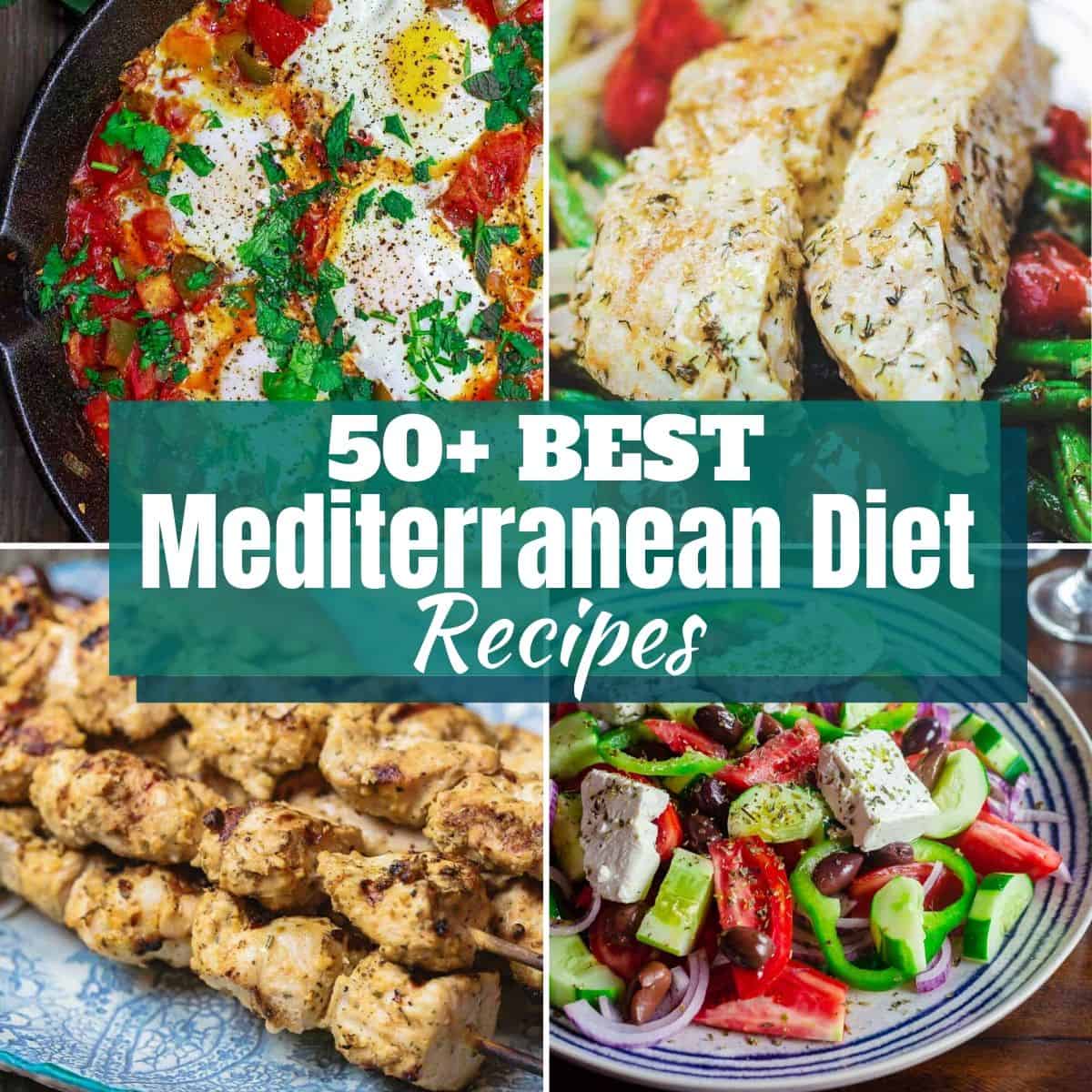- Living well with Bri
- Posts
- Living Well with Bri
Living Well with Bri
The Mediterranean Diet

Hi friends! Happy Thursday:)

It’s okay to take small steps; just don’t give up.

The Mediterranean Diet
The Mediterranean diet is a dietary pattern based on the traditional eating habits of countries bordering the Mediterranean Sea, particularly Southern Europe. It is often considered one of the world's healthiest and most balanced diets. The Mediterranean diet emphasizes a wide variety of whole foods, plant-based ingredients, and healthy fats while limiting processed foods and red meat. Here are the key components of the Mediterranean diet:
Abundance of Plant-Based Foods:
Fruits and vegetables: Include a wide range of colorful fruits and vegetables in your daily meals.
Legumes: Incorporate beans, lentils, and chickpeas into your diet for a good source of protein and fiber.
Nuts and seeds: Consume a variety of nuts and seeds like almonds, walnuts, and flaxseeds in moderation.
Healthy Fats:
Olive oil: Use extra-virgin olive oil as the primary source of fat for cooking and dressing salads.
Fatty fish: Include fatty fish like salmon, mackerel, and sardines, which are rich in omega-3 fatty acids, in your diet regularly.
Avocado: Enjoy avocado as a source of healthy monounsaturated fats.
Lean Proteins:
Poultry: Choose chicken and turkey over red meat and processed meats.
Eggs: Eggs can be part of a Mediterranean diet in moderation.
Dairy: Include moderate amounts of Greek yogurt and cheese, which are good sources of protein and probiotics.
Limited Red Meat:
Red meat should be consumed sparingly, typically no more than a few times per month.
Herbs and Spices:
Herbs and spices such as basil, oregano, garlic, and rosemary are used to flavor dishes instead of excessive salt.
Wine in Moderation:
Red wine, in moderation, is sometimes included with meals, particularly in some Mediterranean cultures.
Physical Activity:
Regular physical activity is integral to the Mediterranean lifestyle, promoting overall health.
Social and Community Aspect:
Sharing meals with family and friends is important to the Mediterranean diet. The focus on socializing and enjoying meals can lead to a more positive relationship with food.
The Mediterranean diet is associated with numerous health benefits, including a reduced risk of heart disease, stroke, diabetes, and certain types of cancer. It is also linked to better weight management and improved overall longevity. This diet is nutritious and delicious, as it features a wide variety of fresh and flavorful ingredients.
Personally, I find the Mediterranean diet to be a great way of eating. However, I would suggest that individuals consider incorporating more high-quality red meat into their diet, as it can be a valuable source of essential nutrients and high nutrient density.
Mediterranean Diet Recipes-
Next time…
10/16 - Diet Deep Dive- Carnivore diet
10/19 - What are the Blue Zones
xo
Bri


